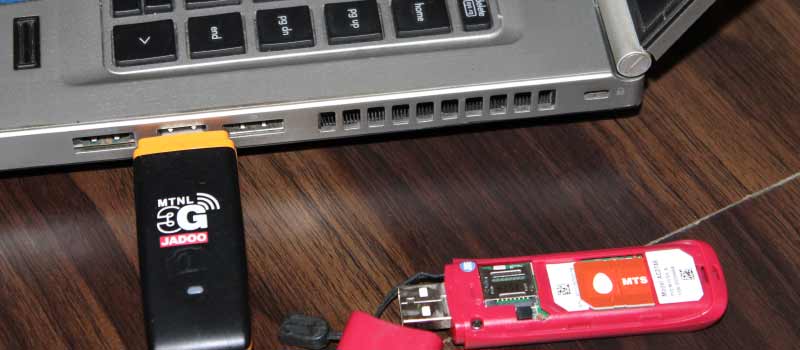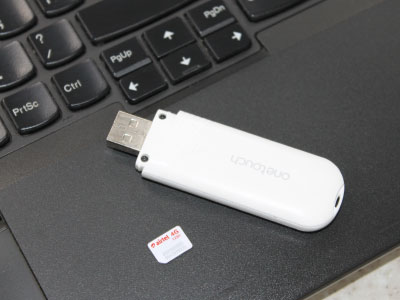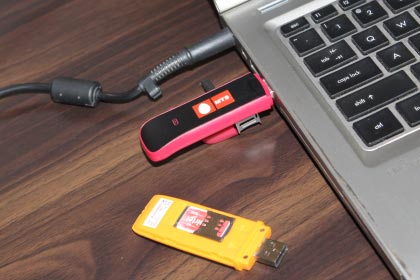Regulations and Guidelines for using a Bulk SMS USB Modem:-
-
►
General Data Protection Regulation (GDPR):
The General Data Protection Regulation (GDPR) is a regulation of the European Union that aims to protect the privacy and personal data of EU citizens. It applies to any business that processes personal data of EU citizens, regardless of where the business is based. When using a bulk SMS USB modem, businesses must comply with GDPR requirements, including obtaining explicit consent from individuals before sending them marketing messages, and providing them with the option to opt-out of receiving future messages.
-
►
Telephone Consumer Protection Act (TCPA):
The Telephone Consumer Protection Act (TCPA) is a federal law in the United States that regulates telemarketing calls, auto-dialed calls, and SMS messages. It requires businesses to obtain prior express written consent from individuals before sending them marketing messages. The TCPA also limits the hours during which SMS messages can be sent and requires businesses to provide opt-out options.
-
►
Canadian Anti-Spam Legislation (CASL):
The Canadian Anti-Spam Legislation (CASL) is a law in Canada that regulates commercial electronic messages, including SMS messages. It requires businesses to obtain explicit consent from individuals before sending them marketing messages, and to provide them with the option to unsubscribe from future messages.
-
►
Cellular Telecommunications Industry Association (CTIA)
Guidelines:
The Cellular Telecommunications Industry Association (CTIA) is an industry association that represents the wireless communication industry in the United States. The CTIA has developed guidelines for businesses that use SMS messages for marketing purposes. These guidelines include obtaining consent from individuals before sending them messages, providing them with the option to opt-out of future messages, and limiting the frequency of messages.
-
►
Mobile Marketing Association (MMA) Guidelines:
The Mobile Marketing Association (MMA) is an industry association that represents the mobile marketing industry worldwide. The MMA has developed guidelines for businesses that use SMS messages for marketing purposes. These guidelines include obtaining consent from individuals before sending them messages, providing them with the option to opt-out of future messages, and providing clear and concise information about the sender and the purpose of the message.
-
►
Federal Trade Commission (FTC) Guidelines:
The Federal Trade Commission (FTC) is a federal agency in the United States that enforces consumer protection laws. The FTC has developed guidelines for businesses that use SMS messages for marketing purposes. These guidelines include obtaining consent from individuals before sending them messages, providing them with the option to opt-out of future messages, and providing clear and accurate information about the sender and the purpose of the message.
-
►
Mobile Network Operator (MNO) Guidelines:
Mobile Network Operators (MNOs) are the companies that provide wireless communication services to consumers. MNOs have developed guidelines for businesses that use SMS messages to ensure that their networks are not overloaded or compromised. These guidelines include limiting the number of messages that can be sent per minute, blocking messages from certain senders, and requiring businesses to obtain prior approval before sending messages.
In conclusion, businesses that use a bulk SMS USB modem should be aware of and comply with relevant regulations and guidelines to ensure that their SMS marketing campaigns are lawful and ethical. These regulations and guidelines are designed to protect the privacy and personal data of individuals, prevent spam and unsolicited messages, and ensure the smooth operation of mobile networks.
Troubleshooting Common Issues with a Bulk SMS USB Modem
Bulk SMS USB modems are a popular tool for businesses to communicate with their customers, clients, or members through text messages. However, like any technology, bulk SMS USB modems can sometimes encounter issues that can prevent them from functioning properly. Some common issues with a bulk SMS USB modem and how to troubleshoot them:-

-
Slow Message Delivery:
If messages are taking longer than usual to send or receive, try the following:
01: Check the signal strength of the mobile network. If the signal is weak or nonexistent, messages may be delayed.
02: Check the modem's settings. Some modems have a setting that limits the number of messages that can be sent per minute. If this setting is enabled, try increasing the limit.
03: Check the mobile network's policies. Some mobile networks may limit the number of messages that can be sent from a single SIM card in a given period.
-
Cannot Send or Receive Messages:
If you are unable to send or receive messages through the bulk SMS USB modem, try the following:
01: Make sure the modem is properly connected to the computer's USB port.
02: Make sure the SIM card is properly inserted into the modem and is activated with the mobile network provider.
03: Make sure you have a sufficient balance on the SIM card to send messages.
04: Check the signal strength of the mobile network. If the signal is weak or nonexistent, you may not be able to send or receive messages.
-
SIM Card Issues:
If you are having issues with the SIM card in your bulk SMS USB modem, try the following:
01: Make sure the SIM card is properly inserted into the modem.
02: Make sure the SIM card is activated with the mobile network provider.
03: Make sure the SIM card has sufficient balance to send messages.
04: Try using a different SIM card to see if the issue is with the modem or the SIM card.
-
Error Messages:
If you receive error messages when using the bulk SMS USB modem, try the following:
01: Check the modem's settings. Some error messages may indicate that the modem is not properly configured or that there is a problem with the SIM card.
02: Check the manufacturer's website for a list of error codes and their meanings. This can help you identify the specific issue and how to resolve it.
03: Try resetting the modem by unplugging it from the USB port and then plugging it back in.
-
Modem not Detected:
If your computer does not detect the bulk SMS USB modem, try the following:
01: Make sure the modem is properly connected to the computer's USB port.
02: Make sure the modem's drivers are installed. You can download the drivers from the manufacturer's website.
03:Try using a different USB port.
04: Try using a different computer to see if the modem is detected.
-
Compatibility Issues:
If you are having compatibility issues with your bulk SMS USB modem and your computer or software, try the following:
01: Make sure the modem is compatible with your computer's operating system.
02: Make sure the modem is compatible with the software you are using to send messages.
03: Check the manufacturer's website for any updates or patches that may resolve compatibility issues.
In conclusion, troubleshooting issues with a bulk SMS USB modem can be frustrating, but by following these tips, you can often identify and resolve the issue quickly. If you continue to experience problems, contact the manufacturer's technical support for additional assistance.
Ensuring for the Privacy and Security of the SMS Messages Sent
Bulk SMS USB modems are widely used for sending SMS messages to a large group of people. These modems are popular because they are affordable and easy to use. However, as with any communication technology, there are privacy and security concerns that must be addressed to ensure the safety of the messages being sent. Measures you can take to ensure the privacy and security of the SMS messages sent through a bulk SMS USB modem:-

-
Use a reputable service provider:
The first step in ensuring the privacy and security of SMS messages sent through a bulk SMS USB modem is to use a reputable service provider. Choose a provider that has a good track record and is known for providing reliable and secure services. A reputable provider will have measures in place to protect the privacy and security of your messages.
-
Improved Inventory Management:
Barcode scanning systems can provide real-time inventory data, allowing distributors to monitor stock levels and make informed decisions about inventory replenishment and ordering.
-
Encrypt your messages:
Encryption is a process that converts information into a code that is unreadable without a decryption key. You can encrypt your SMS messages to ensure that they are secure and cannot be read by unauthorized parties. There are several encryption tools available that you can use to encrypt your SMS messages before sending them through a bulk SMS USB modem.
-
Use a password-protected USB modem:
A password-protected USB modem adds an extra layer of security to your SMS messages. It ensures that only authorized users have access to the modem and can send messages through it. Set a strong password that is not easy to guess and change it regularly to ensure that your modem remains secure.
-
Use a Virtual Private Network (VPN):
A VPN is a secure tunnel that encrypts your internet traffic and hides your IP address. Using a VPN when sending SMS messages through a bulk SMS USB modem adds an extra layer of security to your messages. It ensures that your messages cannot be intercepted by third parties and your IP address is not exposed.
-
Use HTTPS websites:
When sending SMS messages through a bulk SMS USB modem, it is important to use websites that are secured with HTTPS. HTTPS is a protocol that encrypts the data sent between the website and the user's browser. It ensures that the data is not intercepted by third parties and remains private.
-
Keep your software up-to-date:
Keeping your software up-to-date is important for the security of your SMS messages. Software updates often include security patches that address known vulnerabilities in the software. Make sure you regularly update your SMS software and any other software that you use to send SMS messages.
-
Regularly backup your messages:
Backing up your SMS messages ensures that you do not lose important messages in case of a device failure or other unexpected events. Regularly backup your SMS messages to a secure location to ensure that you can retrieve them when needed.
